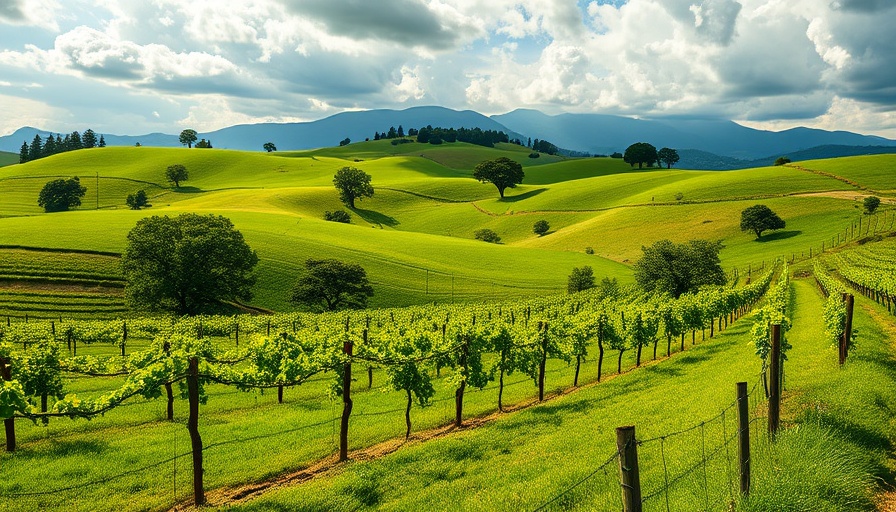
What Does the 'Big Beautiful Bill' Mean for America's Public Lands?
President Donald Trump's proposed 'Big Beautiful Bill' seeks to change the landscape of public land management in the United States. While it is touted as a solution to the housing crisis, there are significant concerns about the potential sale of approximately 3.3 million acres of public land, a move that could reshape local communities across the nation.
The True Cost of Selling Public Land
The push to unlock federal lands for residential development stems from a staggering shortage of housing in America. With millions facing the challenge of finding affordable homes, the bill promises to create housing opportunities by facilitating the sale of federal acres close to urban centers. However, at what cost? The Wilderness Society warns that this could lead to nearly 250 million acres of public land being jeopardized. Public land, traditionally reserved for recreational activities and conservation, plays a vital role in maintaining biodiversity and community well-being.
Addressing Concerns from Across the Isle
Even within the confines of Congress, the discussions surrounding the Big Beautiful Bill are polarized. There seems to be a rare consensus among lawmakers from both parties regarding the importance of preserving public lands. Many echo sentiments that the drastic measure of selling such properties could irrevocably alter the environment and community structures. As legislators grapple with the bill's implications, the backlash will likely compel them to reconsider and possibly rewrite substantial elements of the proposal.
Long-Term Implications for States
The bill's focus on 11 western states—Utah, Washington, California, Wyoming, Colorado, Idaho, and others—indicates an impending shift in land control. States already facing housing challenges could see expedited housing projects, but this comes with the risk of ecological distress and loss of natural habitats. The balance between housing development and environmental conservation remains fraught with complexity, forcing policymakers to navigate these intertwining interests carefully.
Your Voice Matters
As discussions advance, it's essential for communities and individuals to voice their concerns and educate themselves on what may happen to public lands amidst the housing crisis. The future of America’s outdoor spaces and wildlife is at stake, and community feedback can influence legislative outcomes. Staying informed and engaged with local representatives can ensure that both housing needs and environmental preservation are upheld—because every acre counts.
 Add Row
Add Row  Add
Add 



Write A Comment